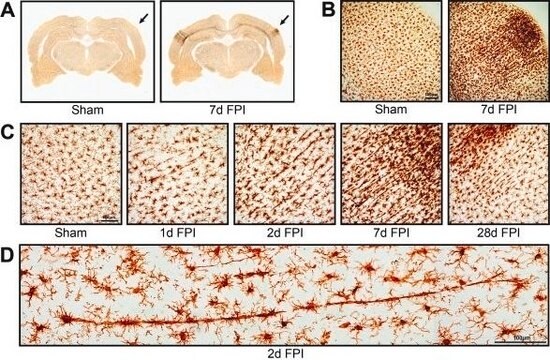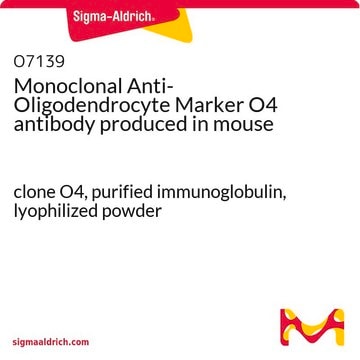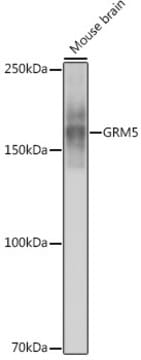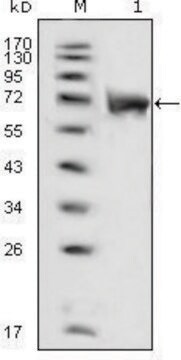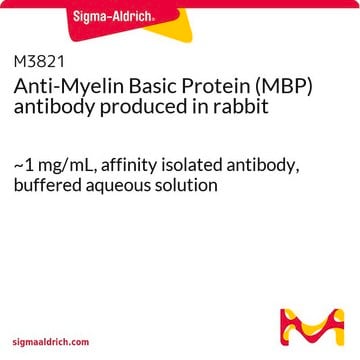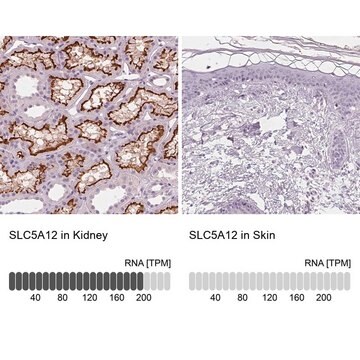MABS460
Anti-FGF23 Antibody, clone 278-2
clone 278-2, from mouse
Synonyme(s) :
Fibroblast growth factor 23, FGF-23, Phosphatonin, Tumor-derived hypophosphatemia-inducing factor, Fibroblast growth factor 23 N-terminal peptide, Fibroblast growth factor 23 C-terminal peptide
About This Item
Produits recommandés
Source biologique
mouse
Niveau de qualité
Forme d'anticorps
purified immunoglobulin
Type de produit anticorps
primary antibodies
Clone
278-2, monoclonal
Espèces réactives
human
Technique(s)
flow cytometry: suitable
western blot: suitable
Isotype
IgG1κ
Numéro d'accès NCBI
Numéro d'accès UniProt
Conditions d'expédition
wet ice
Modification post-traductionnelle de la cible
unmodified
Informations sur le gène
human ... FGF23(8074)
Description générale
Immunogène
Application
Signaling
Developmental Signaling
Qualité
Western Blotting Analysis: 0.5 µg/mL of this antibody detected FGF23 in 10 µg of human salivary gland tissue lysate.
Description de la cible
Forme physique
Stockage et stabilité
Remarque sur l'analyse
Human salivary gland tissue lysate
Autres remarques
Clause de non-responsabilité
Vous ne trouvez pas le bon produit ?
Essayez notre Outil de sélection de produits.
Code de la classe de stockage
12 - Non Combustible Liquids
Classe de danger pour l'eau (WGK)
WGK 2
Point d'éclair (°F)
Not applicable
Point d'éclair (°C)
Not applicable
Certificats d'analyse (COA)
Recherchez un Certificats d'analyse (COA) en saisissant le numéro de lot du produit. Les numéros de lot figurent sur l'étiquette du produit après les mots "Lot" ou "Batch".
Déjà en possession de ce produit ?
Retrouvez la documentation relative aux produits que vous avez récemment achetés dans la Bibliothèque de documents.
Notre équipe de scientifiques dispose d'une expérience dans tous les secteurs de la recherche, notamment en sciences de la vie, science des matériaux, synthèse chimique, chromatographie, analyse et dans de nombreux autres domaines..
Contacter notre Service technique